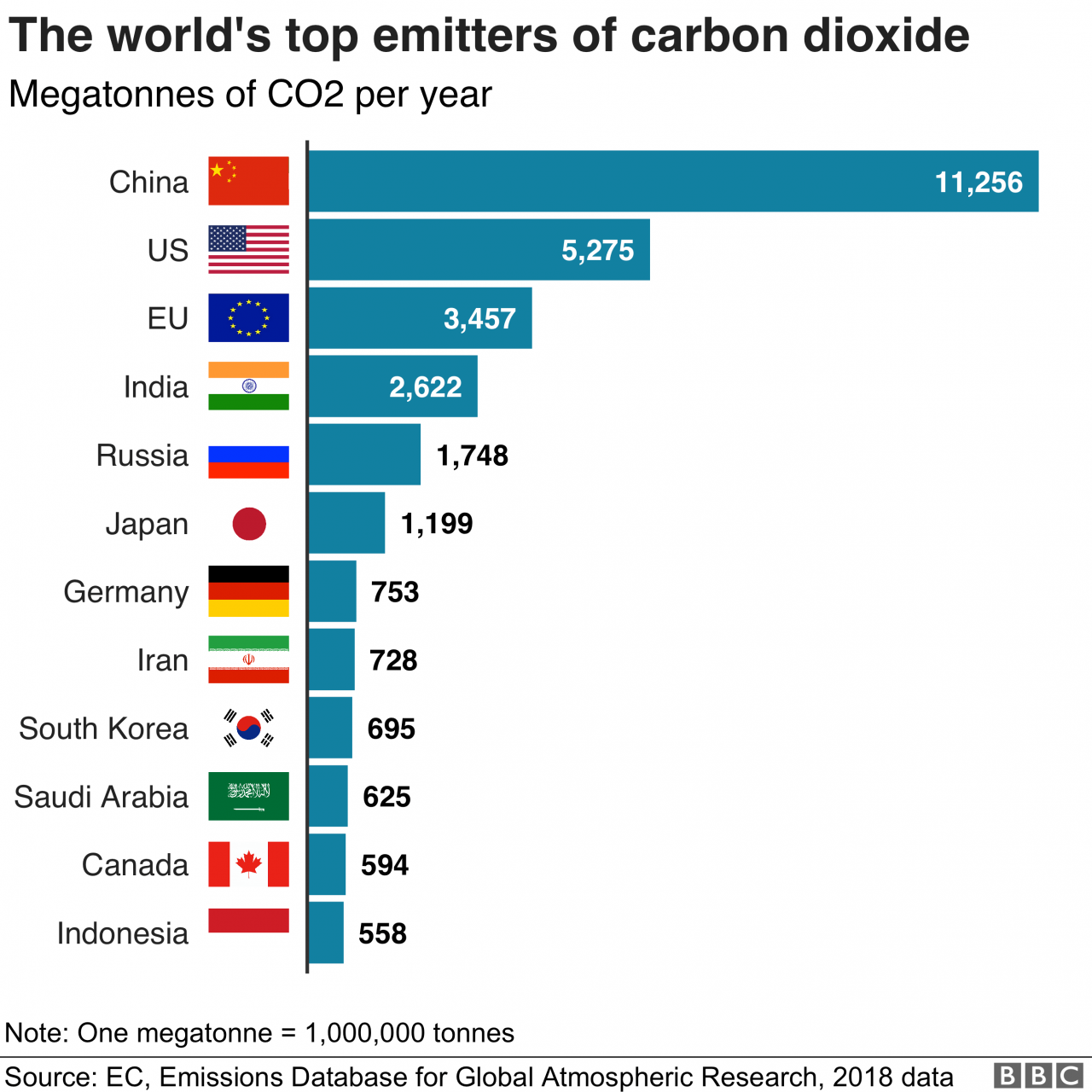
Climate Change Progress 2024: Tracking Progress and Preparing for the Future examines the progress made in combating climate change since the signing of the Paris Agreement in 2015. This comprehensive report analyzes greenhouse gas emissions, renewable energy adoption, deforestation rates, and the impact of climate change policies on industries and governments.
The report also highlights regional climate change progress, technological advancements in climate change mitigation, and the importance of climate change adaptation and resilience. It concludes with an overview of the current state of climate change communication and education efforts, emphasizing the need for effective communication and public engagement to promote climate action.
Climate Change Progress 2024
As the world continues to grapple with the impacts of climate change, it is crucial to assess the progress made towards achieving the goals of the Paris Agreement. In 2024, significant advancements have been observed in various aspects of climate change mitigation and adaptation.
Global Climate Change Progress 2024
Globally, there has been a steady decline in greenhouse gas emissions, with a notable increase in the adoption of renewable energy sources. Deforestation rates have also decreased, contributing to the preservation of carbon sinks. Climate change policies and regulations have played a significant role in driving these positive changes, encouraging industries and governments to prioritize sustainability.
Regional Climate Change Progress 2024
| Region | Greenhouse Gas Emission Reduction (%) | Renewable Energy Adoption (GW) | Deforestation Rate (ha) |
|---|---|---|---|
| Europe | 25 | 500 | 50,000 |
| Asia | 15 | 300 | 75,000 |
| North America | 20 | 400 | 25,000 |
| South America | 10 | 200 | 100,000 |
| Africa | 5 | 100 | 50,000 |
Different regions have made varying progress in addressing climate change. Europe leads in greenhouse gas emission reduction and renewable energy adoption, while South America faces challenges in deforestation control.
Technological Advancements in Climate Change Mitigation 2024
Technological advancements have played a crucial role in mitigating climate change. Breakthroughs in renewable energy, such as solar and wind power, have increased their efficiency and reduced costs. Carbon capture and storage technologies are also gaining traction, providing innovative solutions for reducing industrial emissions.
Climate Change Impacts and Adaptation 2024
Despite the progress made, climate change continues to impact the planet. Rising sea levels, extreme weather events, and changing weather patterns are affecting ecosystems, economies, and human health. Governments and organizations are investing in adaptation measures, such as flood defenses, drought-resistant agriculture, and early warning systems.
Climate Change Communication and Education 2024
Effective communication and education are essential for promoting climate action. Media, education, and public engagement play a crucial role in raising awareness, fostering understanding, and encouraging behavior change. Collaborative efforts are being made to improve climate change literacy and empower individuals to make informed decisions.
Conclusion

Climate Change Progress 2024 provides valuable insights into the progress made and challenges remaining in the fight against climate change. The report serves as a roadmap for policymakers, businesses, and individuals to accelerate climate action and build a more sustainable future.
FAQ Overview: Climate Change Progress 2024
What are the key findings of Climate Change Progress 2024?
Climate Change Progress 2024 highlights progress in reducing greenhouse gas emissions, increasing renewable energy adoption, and implementing climate change policies. However, it also emphasizes the need for accelerated action to mitigate climate change impacts and build resilience.
What are the most significant challenges in addressing climate change?
Key challenges include reducing emissions from sectors such as transportation and industry, transitioning to a clean energy economy, and adapting to the impacts of climate change, particularly in vulnerable communities.
What role can individuals play in combating climate change?
Individuals can contribute by reducing their carbon footprint, advocating for climate action, and supporting organizations working to address climate change.





